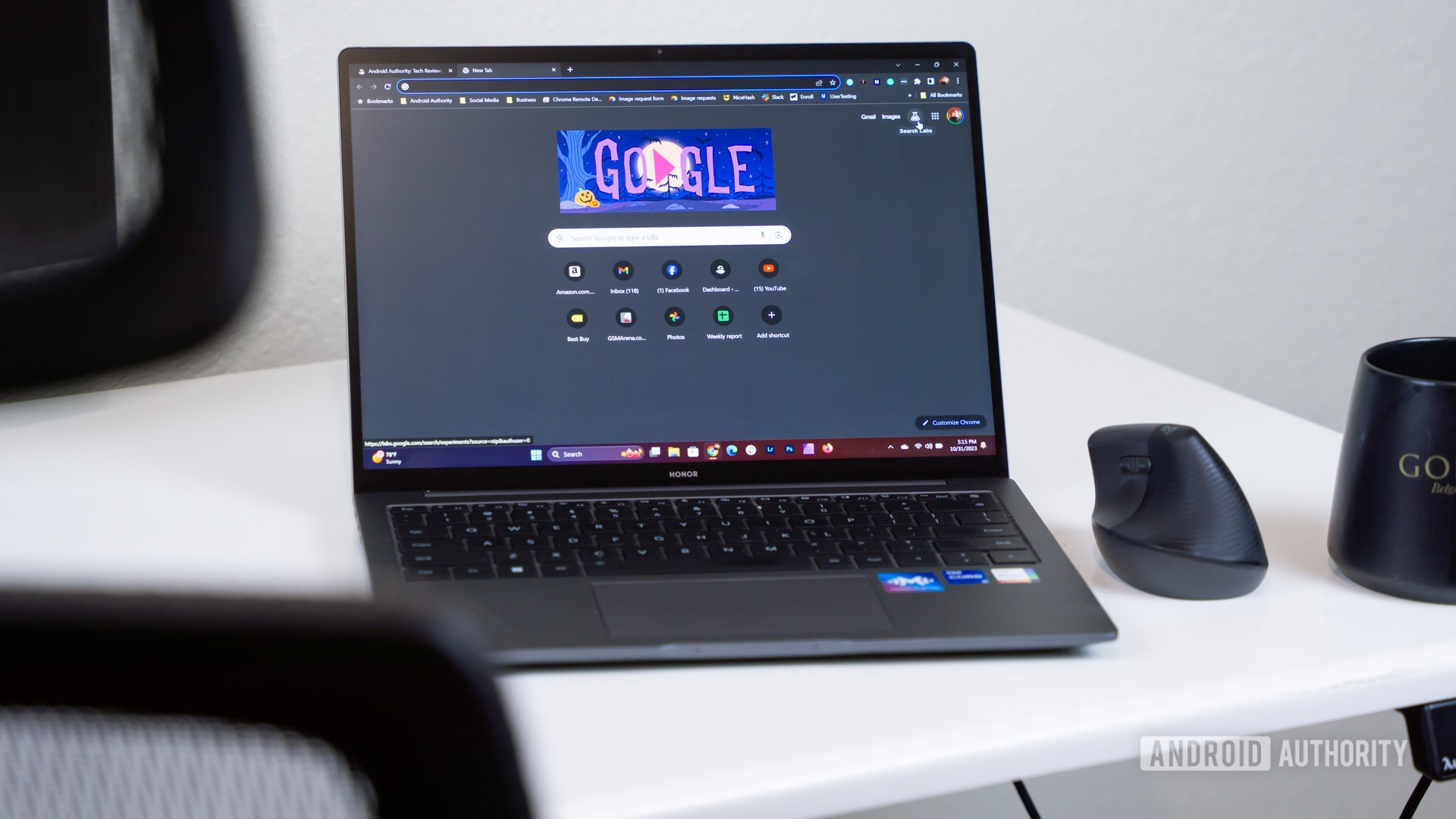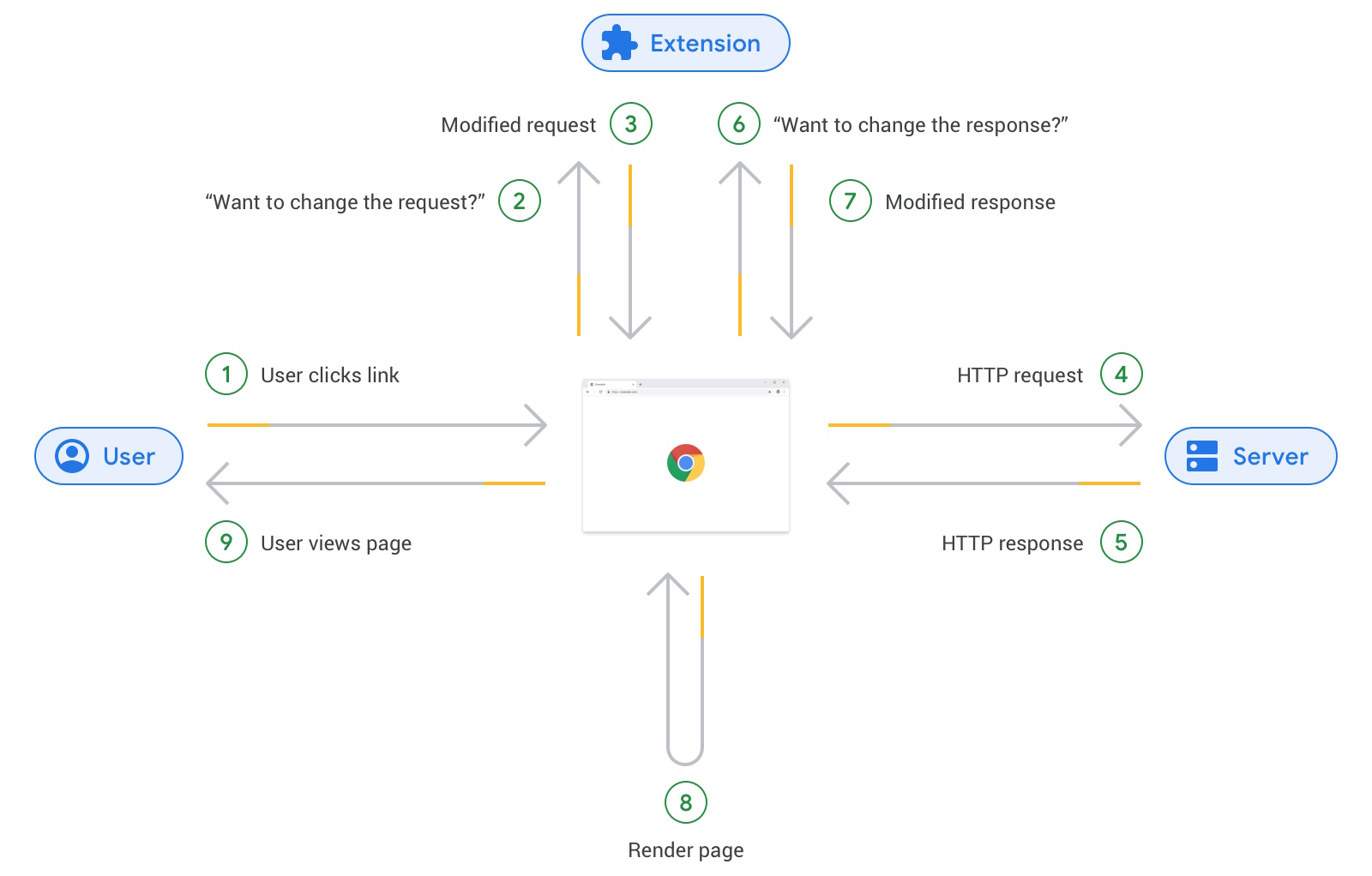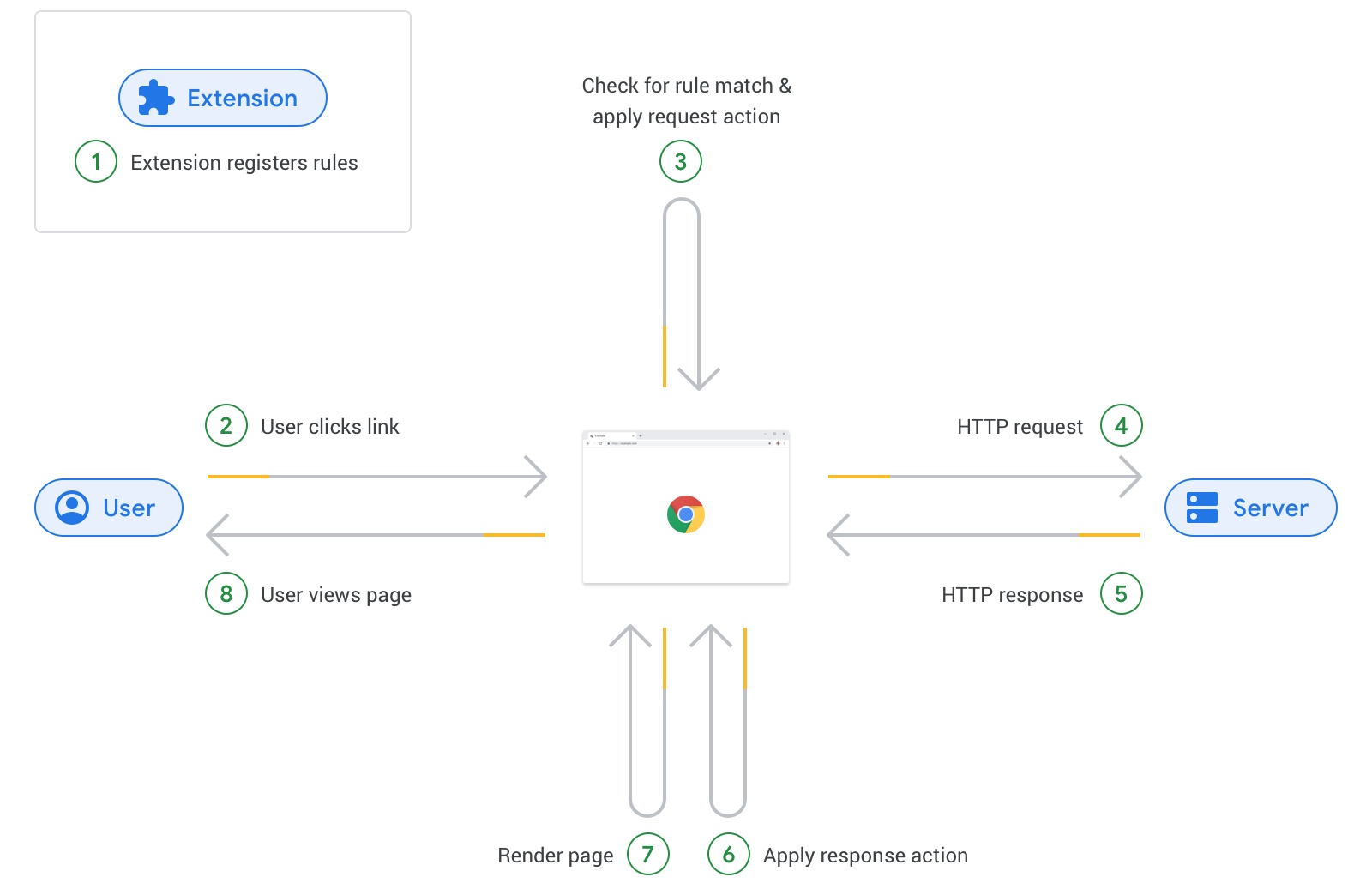Affiliate links on Android Authority may earn us a commission. Learn more.
Google's Manifest V3 changes will soon disable uBlock Origin on Chrome

- Google has announced that Manifest V3 will roll out on Chrome in non-stable branches as early as June 2024.
- This will deprecate Manifest V2, which many ad-blockers like uBlock Origin use for their functionality.
- uBlock Origin devs have released a Lite version that is Manifest V3-compliant, but it is not a complete substitute.
uBlock Origin is considered one of the best ad blocker extensions you can install on Google Chrome, and I agree. But Chrome has been planning to make certain changes to how extensions work on the browser, and these changes threaten the existence of ad-blockers in the ways that they exist today. Google has announced that it is moving ahead with these changes, putting down a timeline of July 2024, and sadly, the changes will disable uBlock Origin.
What is the news on Chrome’s Manifest V3?
Google has announced that it is moving ahead with its plans to deprecate the older Manifest V2 and roll out the newer Manifest V3 within Google Chrome. Manifest V2 extensions will be disabled in Chrome Dev, Canary, and Beta builds as early as June 2024 in Chrome 127 and later.
These extensions will automatically be disabled from the browser once Google makes the switch, and users will no longer be able to install Manifest V2 extensions from the Chrome Web Store. Google hasn’t announced when the change is coming to stable Chrome, but it won’t be coming before June 2024, logically speaking.
But what is Manifest V3, and what is the problem with it?
The manifest version within the context of an extension is a mechanism for restricting certain capabilities to a certain class of extensions. A new manifest version allows Chrome to restrict APIs and features to this new manifest version, forcing extension developers to migrate away from certain older APIs due to their negative impact on the user experience.
Google has been working on Manifest V3 since late 2018, intending to release it in 2019. However, Manifest V3 envisioned broad changes to how Chrome extensions worked, and feedback from developers prompted Google to defer its timelines to make changes.
Web Request API and Declarative Net Request API
One of the more controversial changes with Manifest V3 is changing how the chrome.webRequest API works, making it more observatory instead of its current blocking powers. The blocking powers would then be passed on to the chrome.declarativeNetRequest API.
Google justified this change by highlighting how extensions using the Web Request API could access and modify all the data in a network request, essentially being able to change everything that a user could do on the web (which is pretty scary and problematic when you think about it).
Ad-blockers like uBlock Origin have been using the API to provide a comprehensively ad-free user experience.
With the Declarative Net Request API, the extension need not access all the network information. Instead, it can register rules with the browser that dictate what the browser should do when it comes across certain types of requests.
Declarative Net Request is available to both Manifest V2 and Manifest V3, but it will become the primary way that Google will allow network requests to be modified in Manifest V3.
uBlock Origin and Web Request API
Several ad-blockers on Chrome, including uBlock Origin, use the Web Request API to perform their ad-blocking functions. So, deprecating Web Request API will essentially kill off uBlock Origin.
The alternative is for the extension to switch to Declarative Net Request API. However, that API has been adjudged to be somewhat limited in its approach, and the extensions community unanimously agreed that it is not a 1:1 functionality clone for the outgoing Web Request API.
From the initial criticisms, Google has made several changes to the Declarative Net Request API that should theoretically allow certain classes of ad-blockers to function. It remains to be seen whether uBlock Origin will now switch to Declarative Net Request API or not, but I am betting my money on it not switching.
If you want to continue using uBlock Origin, you will have to eventually switch to Firefox from Chrome. If you’re going to stick with Chrome, then you will have to explore other solutions.
Fret not, for there is uBlock Origin Lite
While the demise of uBlock Origin on Chrome seems imminent, the same developer has released uBlock Origin Lite, a Manifest V3-compliant version of uBlock Origin, using the new API. For users who like a set-and-forget ad-blocker, the Lite version should come close to the same experience, though it remains to be seen how Google’s most recent changes expand its functioning.

